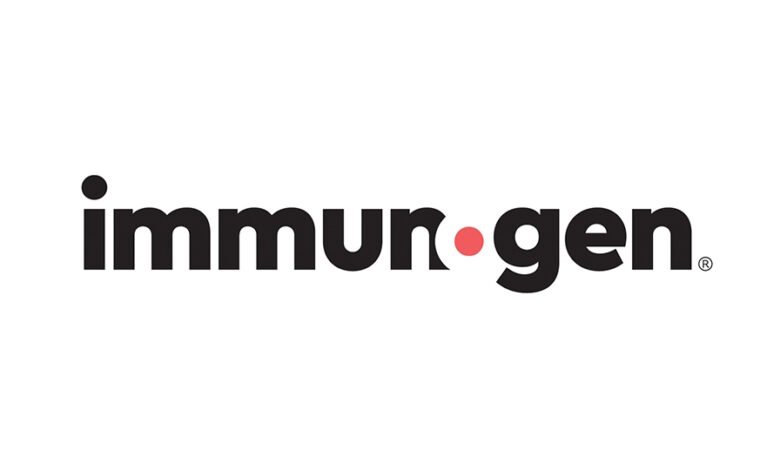AbbVie agrees $10.1bn deal to buy ImmunoGen

AbbVie has moved to shore up its pipeline following the loss of patent protection for its top-selling drug with a $10.1 billion deal to buy ImmunoGen and its marketed ovarian cancer drug.
The proposed $31.26-per-share transaction would add to a growing antibody-drug conjugate pipeline at AbbVie which – if it goes through – would be headed by Elahere (mirvetuximab soravtansine) for the treatment of platinum-resistant ovarian cancer. GlobalData has previously predicted Elahere could become a $615 million product by 2029.
ImmunoGen won accelerated FDA approval for a folate receptor alpha (FRα) directed Elahere a year ago, when it became the first ADC for ovarian cancer. It made sales of $105 million in the third quarter of this year, taking the total year-to-date to around $211 million.
The drug is indicated for patients with epithelial ovarian, fallopian tube, or primary peritoneal cancer whose tumours express FRα and have received one to three prior lines of systemic therapy, but is also in clinical trials for other indications within ovarian cancer, including as maintenance therapy and as a combination with bevacizumab.
Following after in ImmunoGen’s pipeline is anti-CD123 antibody pivekimab sunirine in phase 2 for blastic plasmacytoid dendritic cell neoplasm (BPDCN) and acute myeloid leukaemia (AML), as well as early clinical-stage ADCs for other solid tumours.
The boards of directors of both companies have approved the transaction, which according to AbbVie is expected to close in the middle of 2024, subject to the usual financial approvals.
AbbVie has made ADCs a key part of its R&D strategy as it faces the loss of revenues caused by biosimilar competition to Humira (adalimumab), which saw sales plunge by a third to $11.1 billion in the first nine months of the year.
News of the ImmunoGen play comes shortly after the company reported new clinical results for telisotuzumab vedotin (Teliso-V) ADC in patients with relapsed or refractory non-squamous, non-small cell lung cancer (NSCLC) whose tumours over-express c-Met, setting up regulatory filings.
At the moment Teliso-V is furthest along in development among AbbVie’s ADC candidates since the late-stage failure of Rova-T (rovalpituzumab tesirine), which was at the heart of its $5.8 billion takeover of Stemcentrx in 2016.
It also has a follow-up ADC targeting c-Met in phase 1 clinical testing (ABBV-400) along with a candidate targeting CD19 (ABBV-319) for B-cell malignancies and another directed at SEZ6 (ABBV-706) for small cell lung cancer, central nervous system tumours and neuroendocrine carcinomas
“The acquisition of ImmunoGen demonstrates our commitment to deliver on our long-term growth strategy and enables AbbVie to further diversify our oncology pipeline across solid tumours and hematologic malignancies,” remarked Richard Gonzalez, AbbVie’s chairman and chief executive.
“Together, AbbVie and ImmunoGen have the potential to transform the standard of care for people living with cancer.”
The deal reflects the increasing interest among big pharma companies in the ADC category, which has exploded in the last few years after being held back initially by difficulties in balancing the efficacy and safety of the drugs.
Top of the list in terms of deal value is Pfizer’s $43 billion acquisition of ADC pioneer Seagen, which is still to go through, but there are many other examples including MSD’s recent decision to license three ADCs from Daiichi Sankyo for $4 billion upfront and a total potential value of $22 billion.
Daiichi Sankyo also has a pair of alliances in place with AstraZeneca covering HER2-targeting ADC Enhertu (trastuzumab deruxtecan) and TROP2-targeting datopotamab deruxtecan (Dato-DXd), which included upfront payments of $2.3 billion and could be worth up to $12.9 billion overall.
Source link
#AbbVie #agrees #10.1bn #deal #buy #ImmunoGen